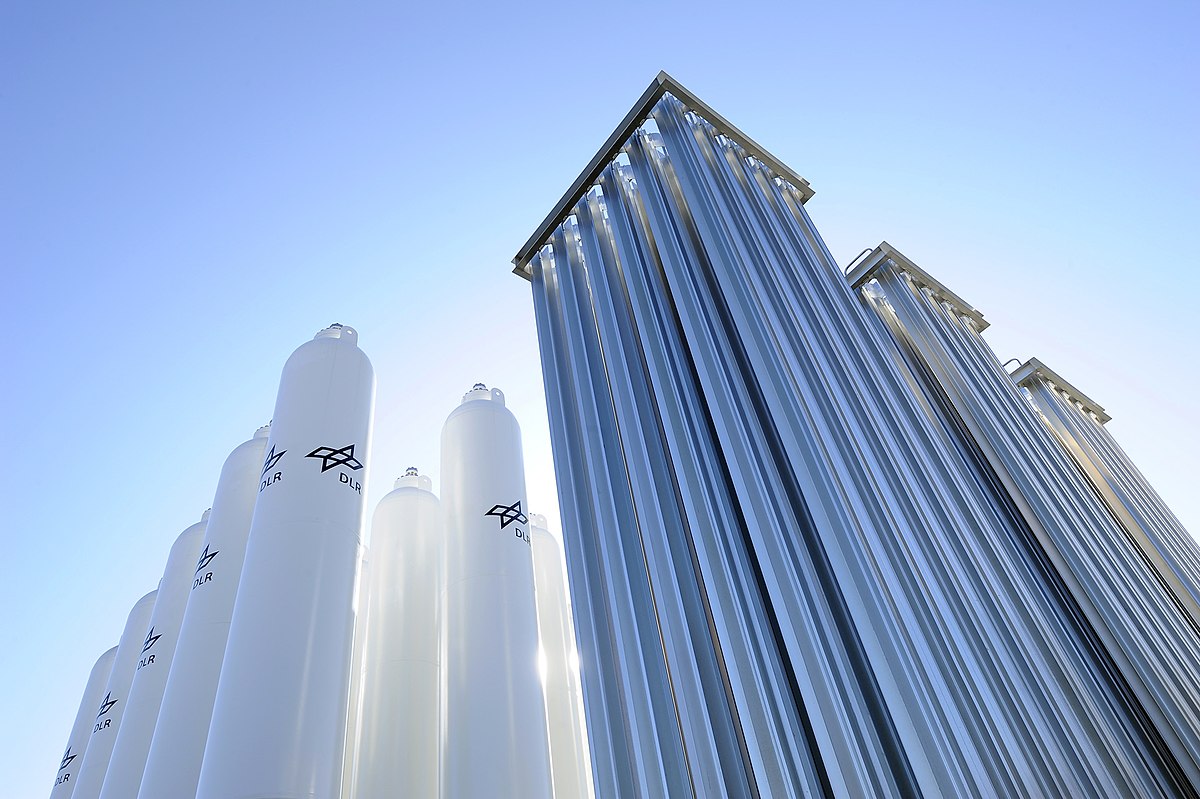From pv magazine Germany
What is the best way to store green hydrogen in a decentralized manner? As is so often the case, the answer is: It depends — on framework conditions, respective applications and the resulting requirements.
The Fraunhofer Institute for Industrial Engineering IAO has therefore partnered with the Baden-Württemberg Cooperative State University Heilbronn (DHBW) to produce a study that presents the properties and possible uses of physical, chemical and pure hydrogen storage in neighborhoods, at company locations and on campus grounds.
Each storage option offers specific advantages and disadvantages due to its properties, explained Sven Christian from DHBW Heilbronn. “We therefore assessed the suitability of the various storage technologies based on the criteria of hardware availability, technological maturity, safety, efficiency and space requirements.”
The experts considered the following storage types to be particularly suitable: compressed gas storage (200 to 300 bar), liquid gas storage, metal-organic frameworks (MOFs), liquid organic hydrogen carriers (LOHC), methanol and methane.
Battery storage should be considered as an alternative
In order to be able to better assess the economic and ecological profitability of decentralized hydrogen storage, the researchers at Fraunhofer IAO simulated a decentralized energy system using the Local Energy Planner, or “LEny” for short, developed at the institute. The input data for the simulation consisted of load profiles for electricity and heat, weather data, the dimensioning of energy components used, and current prices, costs and emission factors. In addition, they compared the storage of energy in battery storage with hydrogen storage.
“The simulation showed that battery storage is more efficient than hydrogen storage. Although an economic amortization of hydrogen storage was achieved in one scenario, battery storage should be considered as an alternative,” said Fraunhofer IAO scientist Georg Göhler.
This content is protected by copyright and may not be reused. If you want to cooperate with us and would like to reuse some of our content, please contact: editors@pv-magazine.com.



By submitting this form you agree to pv magazine using your data for the purposes of publishing your comment.
Your personal data will only be disclosed or otherwise transmitted to third parties for the purposes of spam filtering or if this is necessary for technical maintenance of the website. Any other transfer to third parties will not take place unless this is justified on the basis of applicable data protection regulations or if pv magazine is legally obliged to do so.
You may revoke this consent at any time with effect for the future, in which case your personal data will be deleted immediately. Otherwise, your data will be deleted if pv magazine has processed your request or the purpose of data storage is fulfilled.
Further information on data privacy can be found in our Data Protection Policy.